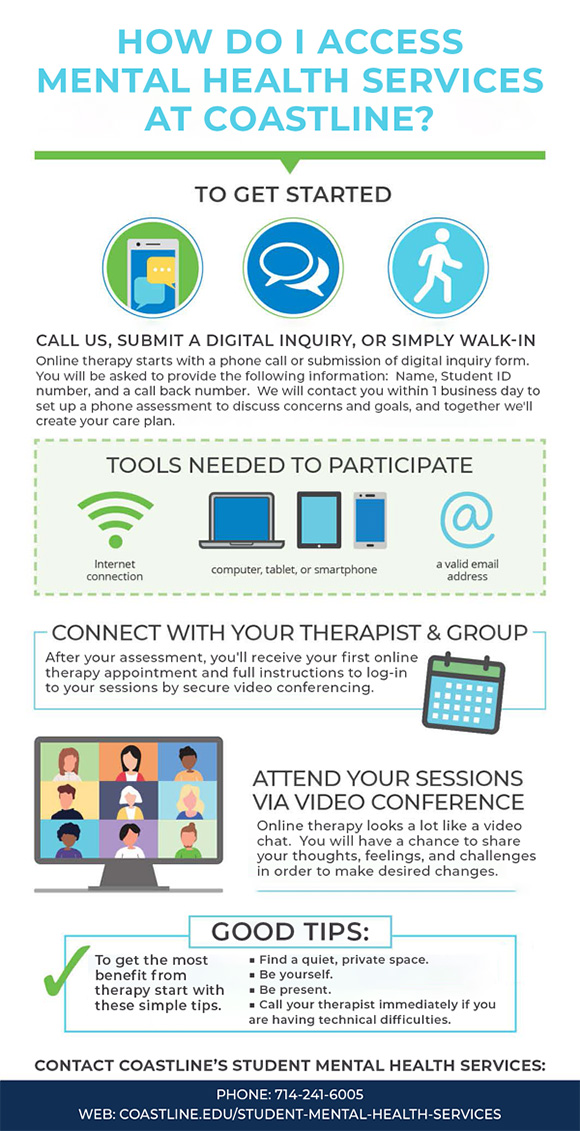September is National Suicide Prevention Month. To learn more about resources on seeking assistance, and debunking myths that surround suicide prevention, please read on.
If you are seeking support, please contact The National Suicide Prevention Lifeline by calling 800-273-8255.
Through the pandemic, society has been left in isolation, anxiousness, fear, and confusion. The sudden shifts in our daily lives have taken a toll on our mental health. This has not only affected ourselves but our loved ones, making it important to understand what we can do to help.
The fight to stop COVID has brought upon the topic of suicide awareness much more than ever before. With mental health being a topic of vital importance, it is imperative to debunk the myths that surround suicide prevention to best recognize when you or someone is at risk and in need of support.
Mental Health Resources @ Coastline
Myth: Talking about suicide is a bad idea, as it may give someone the idea to try it.
The negative stigma that surrounds suicide awareness is the idea that one should not speak about it. This ends up doing far more harm than good, as it is important to normalize speaking about what we're going through in order to best seek support. Knowing about the resources available to you, as well as providing assistance to someone else by showing support, is one of the best things you can do to help.
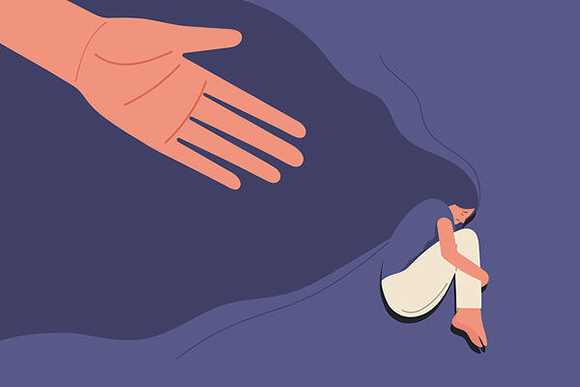
Myth: People who are experiencing suicidal thoughts are alone.
Suicidal thoughts, similar to mental health conditions, can affect anyone regardless of age, gender, or background. Suicide is often the result of an untreated mental health condition. Suicidal thoughts should not be considered normal. They often indicate more serious issues, which is why it is important to seek assistance once these thoughts begin to persist. Various organizations have developed steps, action plans, and crisis helplines to support people who need help themselves or want to help someone they know or as a community.
It is essential to understand that these emotions and feelings are valid. However, you are not alone. Friends, family, loved ones, colleagues, and mental health professionals are at your disposal and ready to help you along the way. Though things can seem black and white at times when your mind is in a fog, remember that you are not alone.
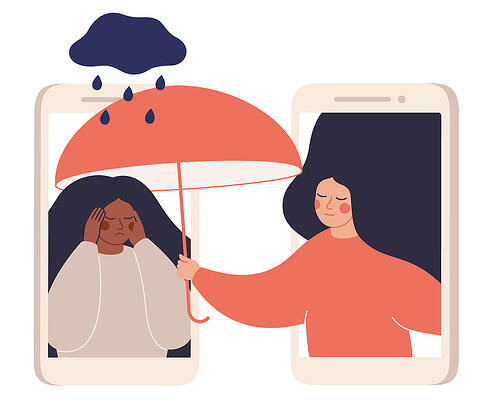
MYTH: Once a person is intent on suicide, there is no way of stopping them.
Suicides can be prevented. People can be helped. Suicidal crises can be relatively short-lived. Immediate practical help such as staying with the person, encouraging them to talk, and helping them build plans for the future, can avert the intention to attempt or die by suicide. Appropriate counseling is imperative. Every suicide is associated with risk factors and warning signs. Having the knowledge about these can help us to help the people we love and care for.
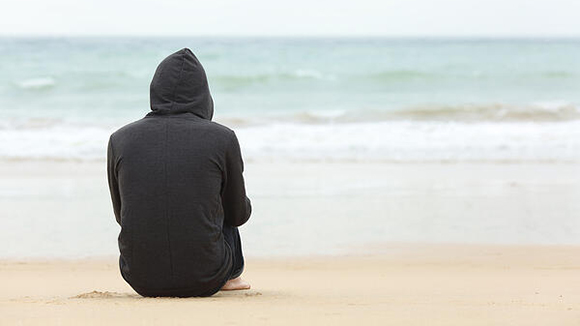
Mental Health Awareness @ Coastline
MYTH: Only those who are weak-minded are suicidal.
Anyone can have suicidal thoughts. Untreated mental health conditions may lead to either suicide attempts or death. However, suicidal thoughts and tendencies are more common for those with predisposing conditions (for example, depression, conduct disorder, substance abuse, feeling of rejection, rage, emotional pain, and anger). That is to say that no one is exempted from having these thoughts and feelings, which is why one’s mental health is of vital importance.

MYTH: Those who attempt suicide do so to seek attention.
Those who die from suicide believe that it is the only solution. This is not true. People who die by suicide usually talk about it first. They are in pain and oftentimes reach out for help because they do not know what to do and have lost hope. This is why it is important to always take talk about suicide seriously. All suicide attempts must be treated as though the person has the intent to die. Do not dismiss a suicide attempt as simply being an attention-gaining device. It is likely the person has tried to gain attention and, therefore, this attention is needed.
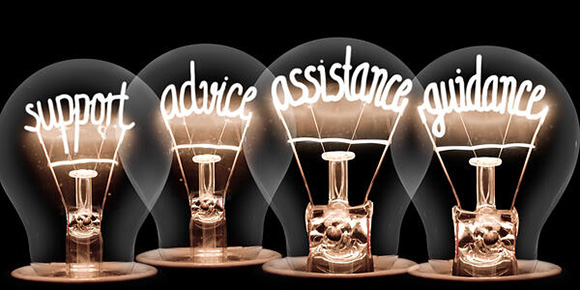
MYTH: Only experts can prevent suicide.
Anyone can help prevent the tragedy of suicide. Suicide is a topic that not everyone is comfortable discussing, which is okay. If someone you know is experiencing suicidal thoughts, solely showing them that you are there is beneficial. Helping provide them with the resources they need is the next step; this can be the school health center, websites, crisis hotlines, self-care ideas, etc. Remember, you are not a mental health professional and it is important that those who are experiencing these mental thoughts go to a professional right away to discuss what they are feeling.
Important Numbers to Remember
Crisis Resources
Below is a list of web resources you can access to get more details about suicide prevention for you or someone you know.
